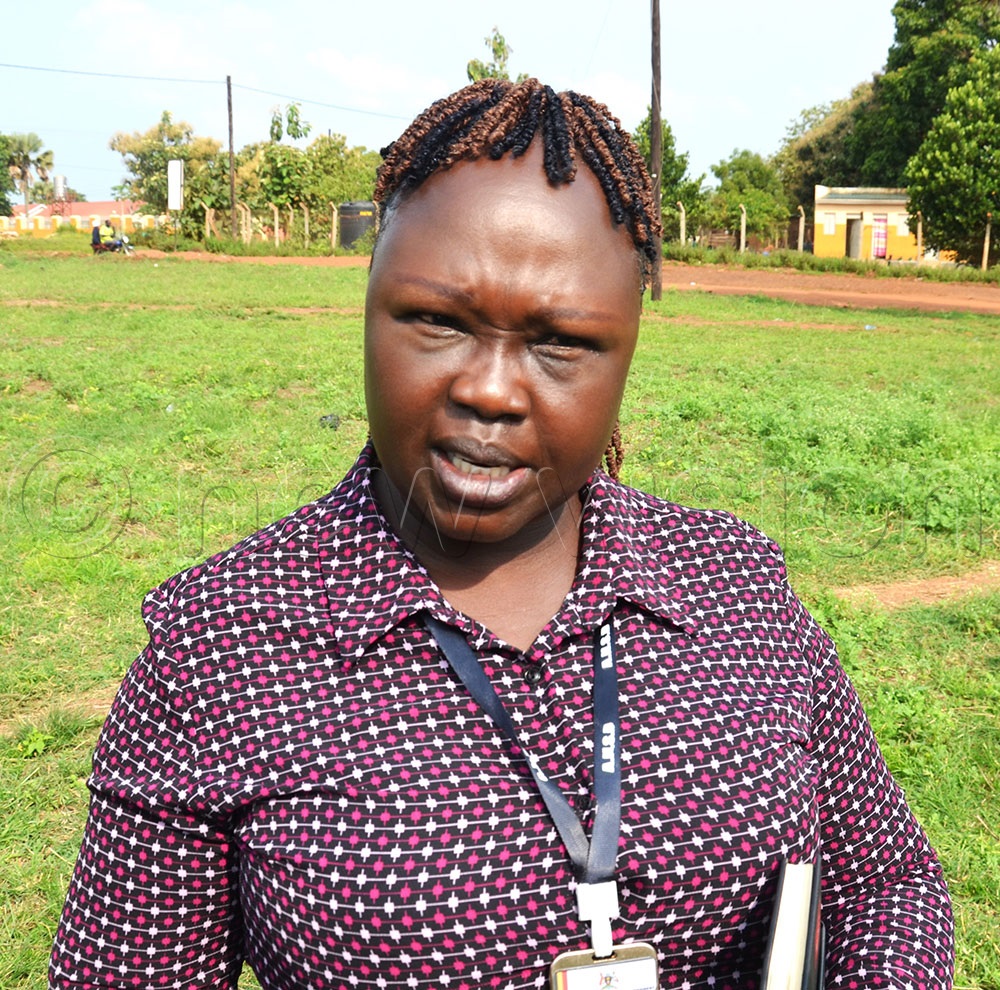Yumbe champions prevention of post birth-induced bleeding deaths
In Uganda, Yumbe district, one of the most populous districts with over 1.1 million people, is actively championing the prevention of maternal deaths resulting from PPH, with only one death registered in the last quarter.
Health workers undergoing training in Yumbe. (Credit: Robert Adiga)
Postpartum Hemorrhage (PPH), a life-threatening medical condition involving severe bleeding after childbirth, is the leading cause of pregnancy-related deaths worldwide.
In Uganda, national awareness efforts for PPH are concentrated in August, designated as PPH Awareness Month by the health ministry.
This annual month-long campaign aims to raise public awareness and promote critical actions to prevent maternal deaths from PPH, a significant cause of maternal mortality in the country.
In Uganda, Yumbe district, one of the most populous districts with over 1.1 million people, is actively championing the prevention of maternal deaths resulting from PPH, with only one death registered in the last quarter.
This achievement did not come easily; it required extensive interventions, including capacity building for critical health workers and midwives at lower health facilities on the management of PPH.
The PROTECT-SRHR consortium project, spearheaded by the International Rescue Committee (IRC), has significantly boosted the efforts of the district health team by addressing capacity and knowledge gaps.
This intervention involved training critical healthcare workers and midwives as Trainers of Trainers (ToTs) on the management of PPH and coordinating referrals within the district.
During the PPH awareness month, Esther Nandutu, the maternal child health officer for Yumbe under the PROTECT-SRHR project, emphasised the importance of building the capacity of health workers to manage childbirth complications.
"Nationally, maternal deaths resulting from PPH are still high, and our major aim was to build the capacity of our major health workers and equip them with the knowledge to manage PPH complications. That is why we have invited all health workers to be trained as frontline workers in PPH prevention," Nandutu said.
Grace Nalumu, the maternal health manager for the IRC Yumbe cluster, noted that despite their support of 48 health facilities, the district still faces challenges with low institutional deliveries, currently at 33 percent. 
The Assistant District Health Officer in charge of Maternal Child Health, Yumbe district, Irene Maturu. (Credit: Robert Adiga)
"We aim to increase the use of sexual and reproductive health services. We have supported 48 facilities, from Health Centre II to the regional referral hospital, to strengthen the referral pathway and build the capacity of frontline healthcare workers," Nalumu said during the training on August 21, 2025.
Judith Candiru, the Assistant Nursing Officer for Yumbe district and mentor in Reproductive Health for Aringa North Health Sub-district, acknowledged significant reductions in PPH complications, attributing these improvements to the empowerment of midwives and nurses with knowledge on early detection of PPH. She identified multiple deliveries and teenage pregnancies as major causes of PPH in the health sub-district.
Capacity building
Agnes Amaguru, a midwife at Apo Health Centre III, highlighted the dramatic improvements in managing PPH cases following the capacity-building efforts by PROTECT-SRHR.
"Before we were trained, we had many PPH cases referred, but now these cases are managed at the facility level. Previously, we lost several mothers each year, but now, thanks to early detection and improved management, we have handled two PPH cases this year without complications," Amaguru said.
Irene Maturu, the assistant district health officer in charge of maternal child health in Yumbe district, noted various interventions undertaken by the district, including lobbying and capacity building. She attributed the remaining PPH cases to a high number of home deliveries.
Dr Frederick Ogwal, the IRC zonal health manager for Yumbe, detailed the causes of PPH, including uterine tears leading to failure of the uterus to contract and lacerations along the birth canal. He outlined preventive measures, emphasising the importance of prompt attendance at antenatal care for early identification of potential PPH risks and encouraging a balanced diet for pregnant women.
"We also recommend giving pregnant women a drug called FEFO during their pregnancy to prevent PPH. Sensitization campaigns during PPH awareness months are crucial for educating the community," Ogwal added.
The acting district health officer for Yumbe, Dr George Angupale Okoboa, highlighted the investments made in PPH awareness creation and challenged mothers to report to health facilities in a timely manner for delivery.